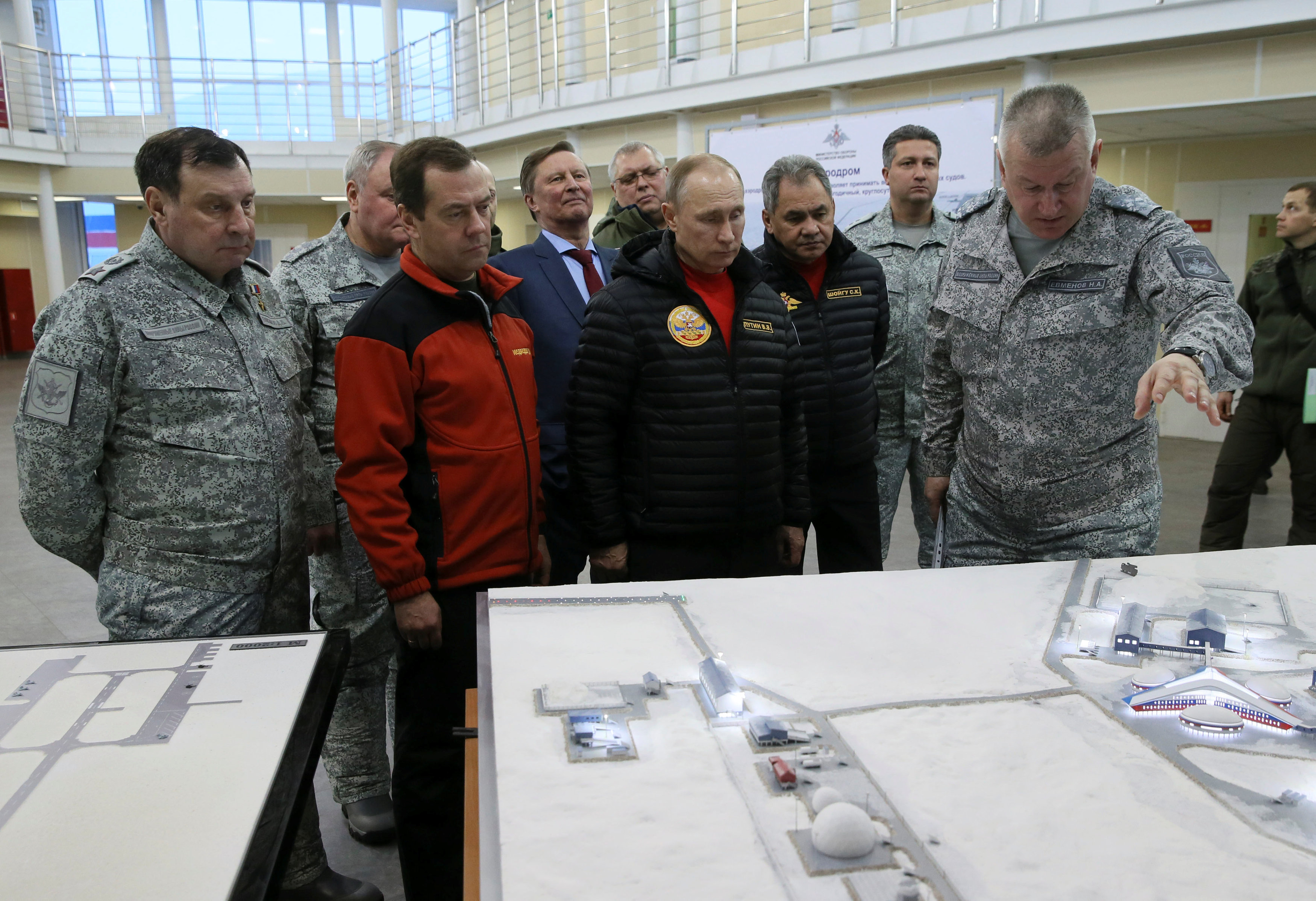Russia makes new big cuts to Arctic spending
A revised funding scheme for Russia’s Arctic program, which is to cover the period until year 2020, is far lower than the original sum, RBC reports.
The country’s Ministry of Economic Development wanted 209 billion rubles (3.1 billion euros) for the new national Arctic Program. It might get only 12 billion (177 million euros).
That is a serious blow to Russia’s ambitious development plans for the region.
The Ministry of Economic Development originally wanted to include a number of grand investment projects in the program, among them the development of the new class of nuclear-powered icebreakers, the Lider, as well as a fleet of vessels for Arctic environmental protection and shelf research. As much as 80 billion (1.2 billion euros) was to be spent on the Lider alone.

None of that will come, for now. The increasingly strained Russian economy does not allow for the previously announced Arctic super-projects.
The key investment object in the revised program is the development and building of an ice-class drifting platform for Arctic research. The platform, which will get the name North Pole, is to be used by the State Hydrometeorology Service for Arctic studies and ice measurements.
The platform has a preliminary price tag of 7 billion rubles and will consequently consume more than half of the program budget.
The platform is increasingly needed by researchers as Arctic ice layers are getting thinner and traditional drifting ice stations can no longer be applied, the Russian Ministry of Natural Resources says.
Another 1 billion rubles of the revised program is reported to be spent on regional anti-terrorist measures managed by the Russian National Guard.
In addition to the funding included in the Arctic Program, there will, however, be other money flowing toward the Russian high north. Among them will be 34 billion rubles (502 million euros) to be spent by the Ministry of Defense, RBC informs.
The cuts in the Arctic Program come after a recent meeting in Russian Arctic Commission and a subsequent government session. That follows signals from the government summit in Murmansk in May. During that meeting, Prime Minister Dmitry Medvedev also indicated that financing for the Murmansk Transport Hub is insufficient.
The program is to be adopted by government in the course of summer.